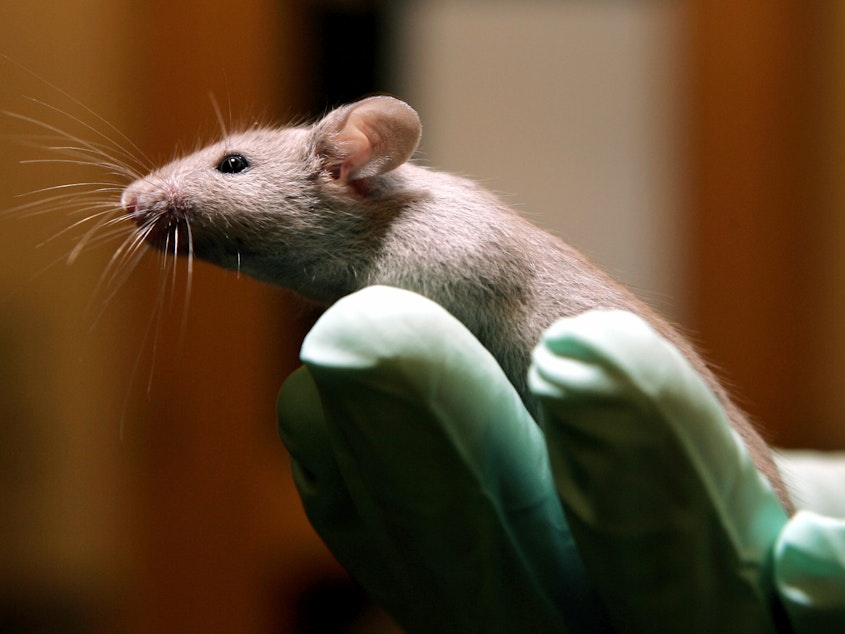How brain-mapping research by Seattle scientists could help prevent Alzheimer's

Research by a group of Seattle scientists may help doctors and drug companies target specific brain cells to help people keep their minds sharp as they age.
Researchers at the Allen Institute for Brain Science say their analysis, using a new kind of brain-mapping technology, has uncovered which cell types may be the most sensitive to aging. That understanding could help with the development of new treatments to preserve brain function and prevent Alzheimer’s and other chronic diseases as people get older.
RELATED: Could studying how dogs age help us understand the ways humans do?
Their research, published in latest issue of the journal Nature, found that a small group of hormone-producing cells undergo more age-related changes than others.
“Aging is the most important risk factor for Alzheimer’s disease and many other devastating brain disorders. These results provide a highly detailed map for which brain cells may be most affected by aging,” said Dr. Richard Hodes, director of the National Institute on Aging at the National Institutes of Health, which funded the research. “This new map may fundamentally alter the way scientists think about how aging affects the brain and also provide a guide for developing new treatments for aging-related brain diseases.”
Sponsored
RELATED: Alzheimer's timeline shows changes start as trickle, become torrent
The project was led by Kelly Jin, Bosiljka Tasic, and Hongkui Zeng from the Allen Institute in Seattle. The scientists used brain-mapping tools to study more than 1.2 million brain cells from young and older mice.
“For years scientists studied the effects of aging on the brain mostly one cell at a time. Now, with innovative brain mapping tools – made possible by the NIH BRAIN Initiative – researchers can study how aging affects much of the whole brain,” said John Ngai, director of the NIH’s BRAIN Initiative, which stands for Brain Research through Advancing Innovative Neurotechnologies. “This study shows that examining the brain more globally can provide scientists with fresh insights on how the brain ages and how neurodegenerative diseases may disrupt normal aging activity.”
RELATED: This metabolic brain boost revives memory in Alzheimer’s mice



